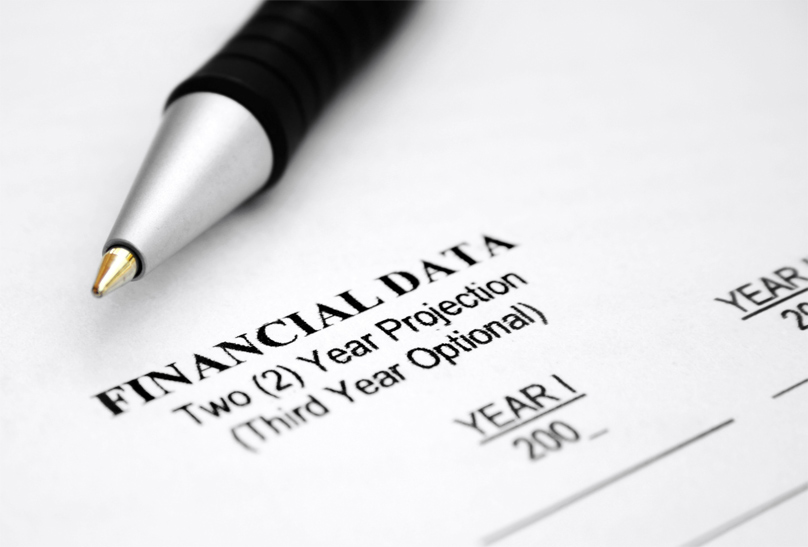WHAT IS THE GDPR?
First, let’s take a look at what the GDPR is and why it’s such a big concern. In 2016, the European Union approved a new set of data privacy laws and regulations that would protect the personal data of EU citizens. These regulations are meant to help simplify and organize data protection across the various European countries into a unified system. So, what is exactly does the GDPR protect? Well, it protects personal data. More specifically, the personal data of EU citizens and residents.WHAT CONSTITUTES PERSONAL DATA?

WHAT IT DOES
The GDPR works as a blanket of regulation that is meant to aid in the protection of personal data for people residing in the EU. The regulation ensures that personal data is only collected for legitimate interests that have legal backing. In addition, the GDPR enforces punishments for those found violating the regulations. It also makes consent a main focus, ensuring that consent is freely given and well-informed. Privacy, under the GDPR, is considered “by design and by default.” This means that, unlike how online privacy and consent works in the US, informed consent is necessary to be in compliance with the GDPR. A Privacy Statement or Terms of Use on your website aren’t enough to comply. EU citizens and residents need to be informed that their data is being collected and they have to agree to it. It also establishes regulations over two categories for businesses and organizations, that of COLLECTOR and PROCESSOR. Businesses fall into either role if they collect, process, or use personal data collected from EU residents. The Processor is the organization which processes data for a Controller. That means performing any operation on personal data, whether it’s automated or not. A Controller, on the other hand, is the organization that collects, records, stores, transmits, disseminates, or otherwise possesses personal data. So, the question becomes, “what does this have to do with me?”WHO THE GDPR AFFECTS
The answer is complicated, but with a little work you can figure it out! First, ask yourself this question. Is your business established in the EU? Establishment, in the case of the GDPR, ranges from having employees, business locations, or any other stable human and technical resources in the European Union. If you do, then the GDPR will affect you. Next question, does your website or your marketing target people or locations in Europe? Specifically, would your website offer translations into European languages, accept local currency, utilize directed advertising in the EU, or list job offers in the EU? If you do, then the GDPR will apply to your collection of personal data. Additionally, if you process large amounts of data through analytics systems that track or profile behaviors, you should understand how the GDPR could apply to you.BASIC RESPONSIBILITIES AND OBLIGATIONS
So, you know that the GDPR is going to affect you. What are your duties to your users? Well, if you’re a Processor they’re relatively light. You still need to secure the data provided by the Controller. Additionally, you’re required to follow the rules that Controller provides on how to process the information. However, the tools you use to process the data are up to you. If, as a Processor, you have a breach occur your only required obligation is to inform the Controller whose data was breached.
GDPR Data Breach Requirments: BRACE FOR IMPACT
Data breaches are one of the main considerations of the GDPR. There are three categories of breaches and you should understand that each one is a major risk for your business. The first is Confidentiality, or unauthorized access or disclosure of data. This is where a hacker, employee, or other individual gains access to information they shouldn’t have. The second is an Integrity breach. This breach occurs when data your business possesses or controls becomes corrupted or is deleted, leaving it incomplete. The final breach is an Availability breach, which occurs when access to the information is restricted. This typically is related to ransomware, when an entity holds your data hostage in return for ransom. Regardless of what sort of breach occurs, what you’re required to do remains the same. You have a 72-hour window to notify a supervisory authority within becoming aware and having a reasonable degree of certainty that the data was breached. That means that if there is suspicion of a breach, you have a short window to investigate before you have to announce it. Furthermore, you have to determine if the breach falls under high risk. If the breach contained sensitive personal data, you will need to inform the affected individuals.
What to Do to Become GDPR Compliant
There are a variety of different measures to become more compliant. Go through your system and examine all your data. What kind of data does your business need? How do you secure that data? Do you share that data with any other companies? Do you market or create websites directed at European Union residents? Document everything and keep accurate records. If you’re a Controller, make sure your Processors are compliant. Make certain your Privacy Policy is up to date and detailed. Add notification banners to your website that alert users and make sure that they knowingly consent to you using their data. If you have contact forms, make sure that they have a notice for users to give consent to. There are countless more ways to improve your security and ensure your compliance, but we recommend a consultation with either a data analyst or a web design agency to provide assistance. With diligence, knowledge, and integrity, the GDPR will go from being a boogeyman to being your best friend — and likely the global standard in a few years or decades.Do You Need More Help Preparing for the GDPR?
We know this is only scratching the surface of the GDPR and that there are many more details and questions you may want to be answered. For more information, our Support Department at TheeDigital is here to help! Please go to our support page to submit a support request and our team will get back to you promptly. Also, there are a variety of helpful FAQs that might answer your question right away!
Tags: Digital Marketing • Email Marketing • Web Design





